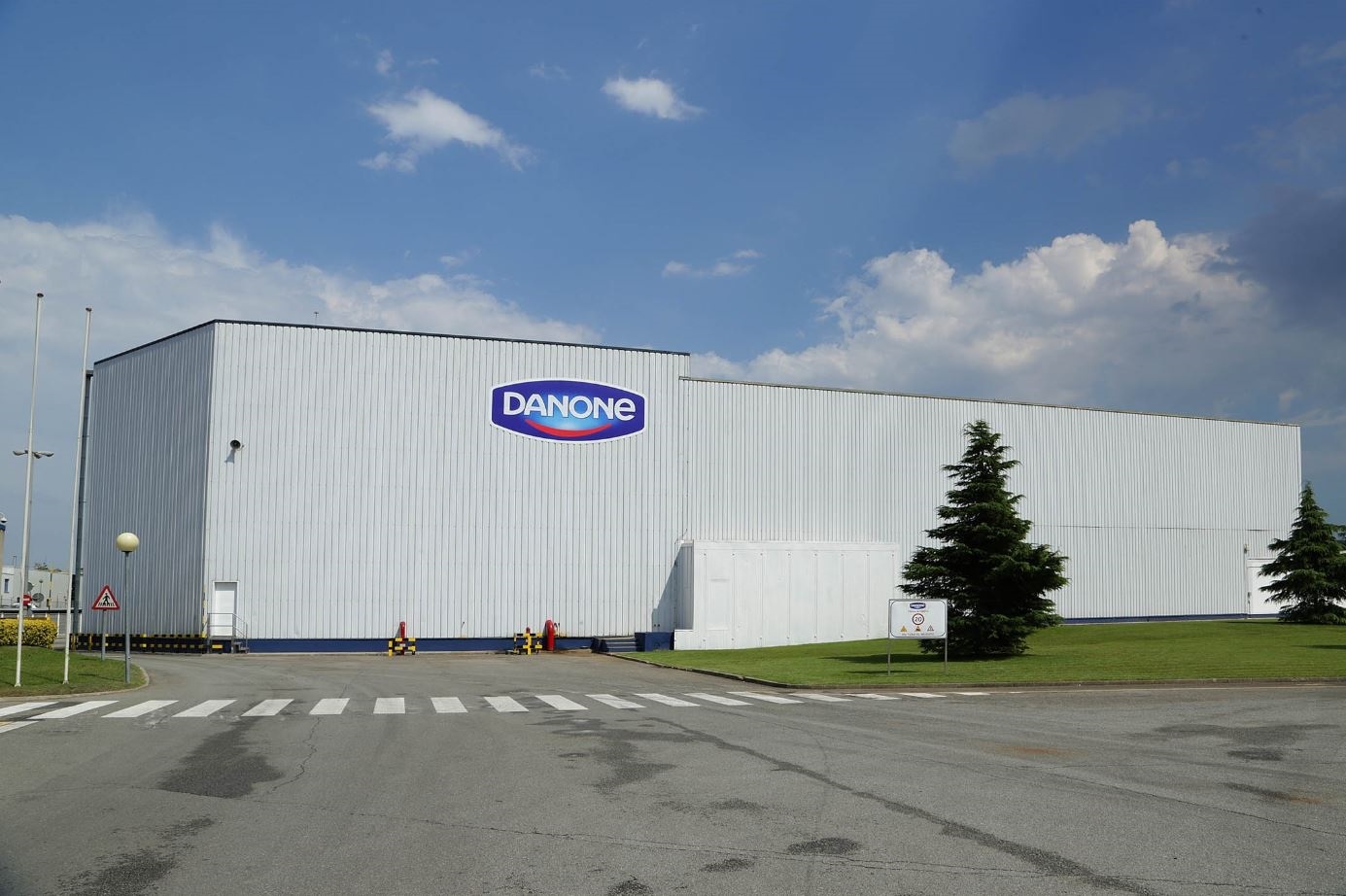Danone, the food products multinational that was founded in Barcelona's El Raval neighbourhood 105 years ago, is to close its only factory in metropolitan Barcelona, which employs 157 workers. Danone España told employees this Friday that the plant at Parets del Vallès, located about 20 kilometres north of Barcelona, is to shut its doors. The announcement has been confirmed by the union Comisiones Obreras (CCOO), which opposes the closure.
The fall in sales of the products manufactured at the plant is behind the intention to close, according to union sources, while the company points to its commitment to promote the reindustrialization of the factory and reduce the employment impact of the decision. The plant north of Barcelona manufactures dairy and milk-substitute products such as Oikos, Alpro and Vitalínea, one of four factories which the company has had until recently in the Spanish state, where it also has packaging plants and offices, employing 2,000 people in total. Danone was created in Barcelona in 1919 by Isaac Carasso, a Greece-born Jew, who later shifted the core of the business to France. In 2018, it had sales of €24.65 billion in 120 markets. The latest sales figures for Danone España, those of 2022, show a rise on the previous year.
"It is no surprise: with the drop in production volumes we have had and the relocation policy, we could have expected something like this," sources from CCOO told ON ECONOMIA. The same sources report that they received a warning this Thursday and could already "smell" what was coming. "This morning, they read the statement to the workers," the sources say.
"Danone España has today communicated to the legal representation of the workers of Parets del Vallès that, after a period of in-depth analysis, it has taken the decision to start a dialogue process around the proposed termination of factory activity," the French-based company says in a statement.
"From this moment on, Danone España will work together with the legal representation of the workers to offer the best possible solutions, and minimize the impact on the employees of the plant." In this regard, it undertakes to "promote reindustrialization, with the firm purpose of facilitating industrial continuity in the area and minimizing the impact on employment."
Union sources say they aim to imitate the model of Salas, an Asturian municipality where 153 workers were fired in 2021, but who now have preferential status to begin working for Royal A-Ware, the dairy product company that will occupy the plant. "But another question is the working conditions, because the union agreement at Danone is good and we don't know what the next company will be like", point out the CCOO sources. After this closure and that of Parets del Vallès, there will be only two factories left in Spain, one in Tres Cantos, near Madrid, and another in Aldaia, in Valencia. The unions hope, and have received a commitment from the factory, that the production of Parets will be transferred to these other plants.
"The closure is part of a production relocation strategy. The technology allows other plants to absorb the same production, which is declining, without hiring equivalent personnel," they explain from the union. Despite this, the fall in production has not stopped the growth of turnover because, points out the union, Danone raises prices and can invoice more with a lower level of production and sales.
In 2022, Danone España had turnover of 842.97 million euros with a 9.6% increase in sales compared to 768.88 million in the previous year. Its profits, on the other hand, fell by 36.8%.
In 2023, Danone sold off its Asturian factory at Salas, where it had laid off 153 workers between 2021 and 2022. That layoff process affected Danone's 2021 profits, which were reduced by 80% by the expenditure of 51.5 million, while its income fell by nearly 3% to 769 million euros.

